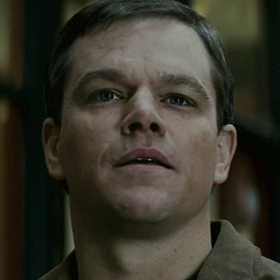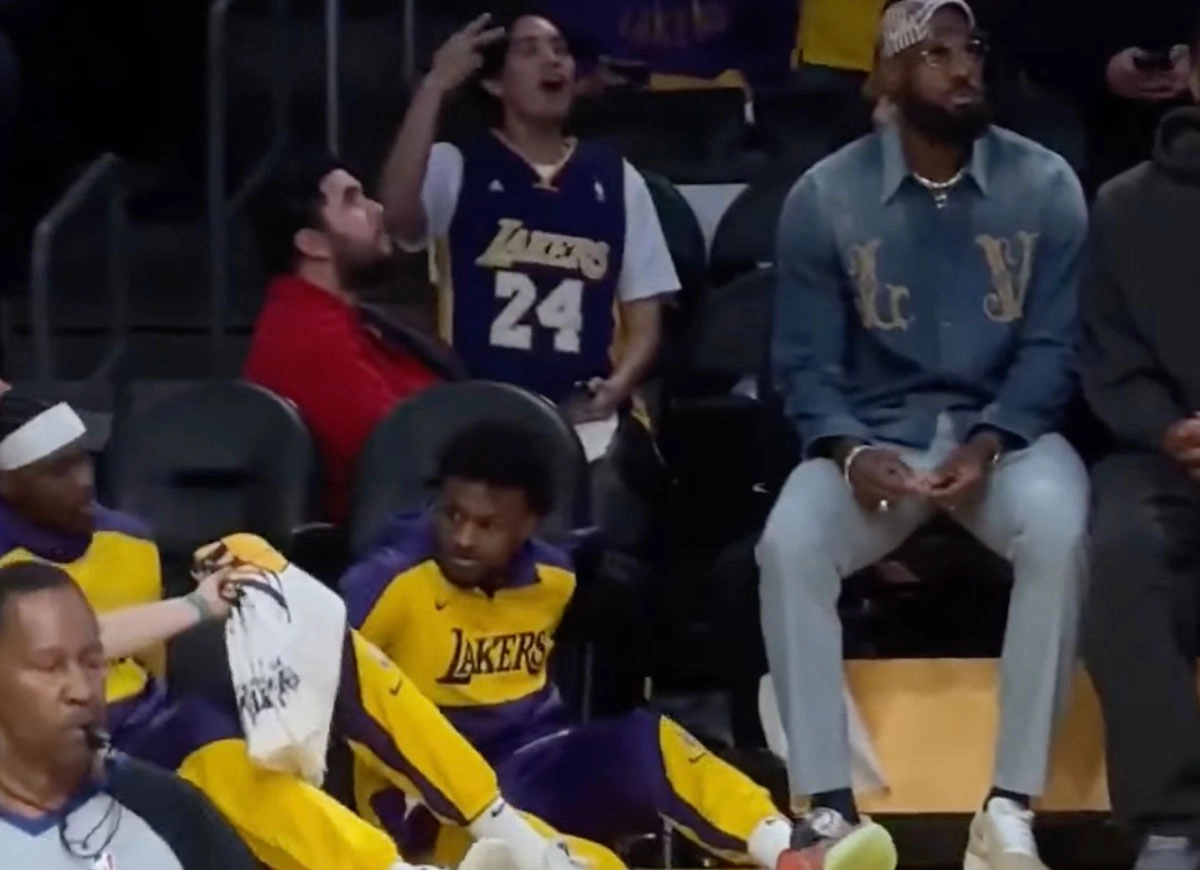Hereafter

4/5
Now in his golden years, Clint Eastwood keeps busier than ever on the less glamorous side of the camera, directing a string of acclaimed hits that suggest he’s more of a thinking man than people considered him back in the Dirty Harry days. Fresh off the critical success of Invictus, Eastwood again teams up with box-office draw Matt Damon, who just can’t stop looking sincere in Hereafter. The point of the film is relatively subtle and it takes awhile to get there. At times you can even find yourself wondering if it has one at all. But if you stick around and pay attention, everything will become not only clear, but even satisfying.
Let me address one thing right away before we get into completely irrelevant territory: this movie is not about the afterlife. It is not even about faith in the afterlife. It does, however, require the premise that there may be some sort of afterlife, but it manages to escape pontificating, so as to avoid offending either militant atheists or sensitive religious groups. This debate has nothing to do with Hereafter, which is about living, breathing people trying to deal with the lots they have drawn in life, however little they may have wanted them. The film is about powerlessness, loss, pain, and what to do in the face of unexpected catastrophe, which is, sadly, for the most part, nothing.
Eastwood breaks up the storytelling in three parts that unfold simultaneously and come together in the end. Though the formulaic structure makes this type of storytelling hardly my favorite, I do recognize that it cannot always be avoided. Hereafter is one such case, and all you can do in these circumstances is sit back and hope that the story is solid enough to distract from, and hopefully even redeem, the feeling of being spoon-fed. While I could safely argue that Hereafter accomplished the former – the characters’ heartbreaking dilemmas and plights more than distracted me from such critical nitpicking – I can’t say that I didn’t experience the urge to groan at least once when the characters all started showing up at the same event from different parts of the world, obviously carving out paths that would intersect.
But I’m getting ahead of myself. The first character the movie follows is Marie LeLay (played by the riveting and refreshing Cecile de France, who commandeers the camera whenever it's on her), a Parisian news anchor at the height of her career, who has a near-death experience when she is swept away by a devastating tsunami while on vacation in one of the movie’s intense first scenes. After returning to work, she realizes she cannot focus on everyday life’s mundane details anymore. She is constantly distracted by something she has brought back with her – a new, unwanted awareness of something beyond this world that no one around her can share. After a series of conversations with her cartoonish and unrealistically clueless producer and boyfriend, Didier (Thierry Neuvic), she decides to take a hiatus from journalism and write a book about her own experience and the legitimate research that covers this ignored topic. Along the way she meets hordes of resistance, which manages only to strengthen her resolve.
Meanwhile, in London, Marcus (played by twins George and Frankie McLaren), a little boy with a neglectful, substance-abusing mother, suffers the greatest of all losses – the sudden death of his twin brother, his sole confidant during his tumultuous childhood. After the anguish of the loss, his mother goes into rehab, thereby surrendering her remaining son to foster care. Under the supervision of an unlucky adoptive couple, Marcus proceeds to steal money and travel wherever he can, searching for someone with insight into the afterlife who might help him reconnect with his dead brother. He finds quacks and phonies before fortuitously running into George Lonegan (Damon), who may be the real deal, but has enough troubles of his own.
Though de France is astonishing in her beauty and poise, and the young McLaren brothers so innocently endearing in their roles that they regularly make you want to burst into tears, Damon’s role as Lonegan is certainly the most unusual of the three. Lonegan has been endowed with psychic powers since childhood, when a rare, drawn-out fever caused him multiple brushes with death. It seems, like LeLay, he came back from these not quite right. His experiences allowed him to communicate with the dead, for better or worse, and after years of being taken advantage of and never being able to make a real “connection” with anyone, he’s inclined to conclude it’s for the worse. He uses the word “connection” to refer to something that happens during the “reading” process, not realizing the bitter irony behind his semantics. His only friend is his older brother, Billy (Jay Mohr) who also wants to capitalize on his “gift.” Others become quickly scared away or too entranced by his unusual powers, which he considers “a curse” and would like to renounce entirely.
These three set the scene for what turns out to be an exploration of life and death with the discovery that neither one is all good or all bad – they each merely serve a purpose, and when taken together, just reveal a more complete picture. Hereafter is a movie in which solutions do not always solve, problems do not always obfuscate, and knowing about something is not the same thing as having the answers to it. It is a heartfelt, sometimes sentimental reversal of intuition that won’t beat you over the head with religious or political messages. The ending is a bit simplistic in light of all that comes before it, but the movie succeeds in its primary task of telling a story from a unique point of view that challenges the way we think about life and death.
Starring: Matt Damon, Cecile de France, Jay Mohr, Bryce Dallas Howard, George McLaren, Frankie McLaren, Thierry Neuvic
Director: Clint Eastwood
Runtime: 126 minutes
Distributor: Warner Brothers
Rating: PG-13
RELATED ARTICLES
Get the most-revealing celebrity conversations with the uInterview podcast!





Leave a comment